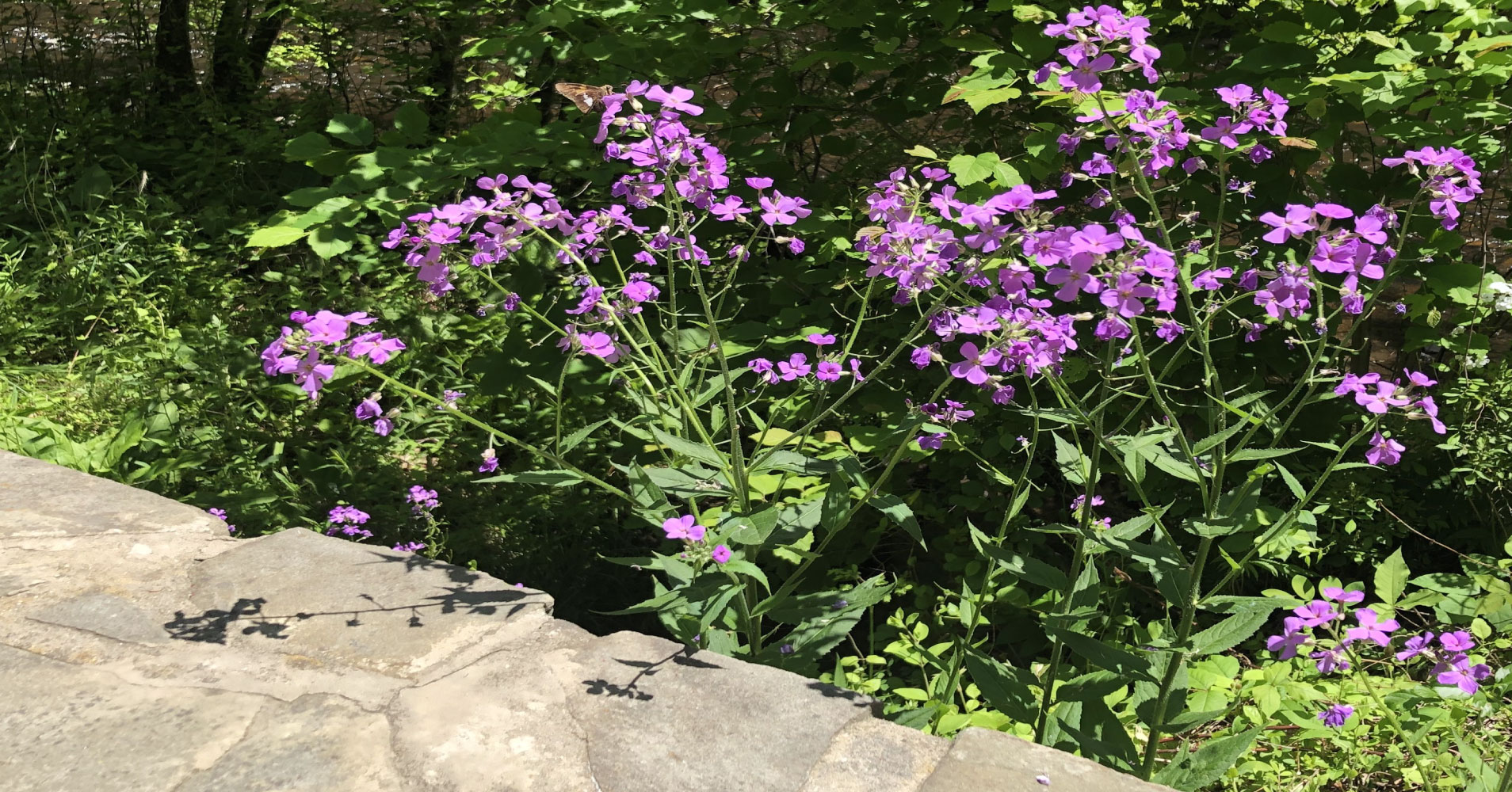

Alexandra Rush, Ph.D., is an Assistant Professor in the Department of Psychology and Human Development at Empire State University. Her scholarship investigates how individuals and families create meaning in the aftermath of war, with emphasis on intergenerational trauma, resilience, and posttraumatic growth. She also studies youth purpose and identity development, bringing expertise in mixed methods and qualitative inquiry, including phenomenological research approaches.
Her academic journey began at Douglass College of Rutgers University, where she majored in psychology and cultivated an early curiosity about human development and resilience. Graduate training at Long Island University deepened her understanding of developmental processes and further developed her skills in research methodology. At the same time, doctoral work at Montclair State University in Family Science and Human Development allowed her to examine intergenerational trauma more fully. There, she explored how war-related trauma is transmitted across generations and how families cultivate resilience.
During her doctoral studies, Alexandra worked at the Institute for Research on Youth Thriving and Evaluation (RYTE) at Montclair State University. At RYTE, she contributed to the Building Evidence in Scouting Together (BEST) study, which examined the training of adult volunteers and youth character development. She also served as a content expert, analyzing how programmatic components and mentoring influence a sense of purpose among youth participating in Scouts BSA.
As a faculty member at Empire State University, Alexandra integrates her scholarship with teaching, encouraging students to approach learning with curiosity and purpose. She teaches courses in child development, human ecological systems, abnormal psychology, and the development of wisdom and spirituality. Previously, at Dickinson College, she served as Visiting Assistant Professor and led research on girls’ experiences in Scouts BSA. That study explored the experiences of some of the first girls officially accepted into Scouts BSA and how navigating a traditionally all-boys space influenced girls’ identity, sense of purpose, and leadership skills.
Her writing appears in peer-reviewed journals such as The Polish Review, the Journal of Adolescent Research, and the Journal of Youth Development. Her published work in The Polish Review examined the lasting effects of World War II trauma on Polish survivors and their descendants, exploring intergenerational transmission of trauma, loss, and posttraumatic growth. In her article published in the Journal of Adolescent Research, she examined three dimensions of purpose in youth participating in Scouts BSA, including goal-directedness, personal meaning, and beyond-the-self orientation.
Alexandra regularly presents her research at conferences and public events. She has been invited to speak at events co-sponsored by Columbia University and the Polish Institute of Arts and Sciences, where she shares insights on intergenerational trauma, resilience, and posttraumatic growth. At SUNY Empire’s Reason & Respect Series, she emphasized the importance of cultural heritage and recognition of historical trauma in processes of healing across generations.
She is an active member of the Society for the Study of Human Development and the Polish Institute of Arts and Sciences of America, and she has served as a peer reviewer for journals including the Journal of Adolescent Research and Children and Society. In 2024, she was honored by Empire State University’s “Scholars Across the University” program, which recognizes faculty contributions to interdisciplinary teaching and research. She is currently preparing a manuscript exploring how survivors transform loss and rebuild purposeful lives after the trauma of war.
Outside of her academic work, Alexandra Rush draws inspiration from her background in dance and theatre, which inspires and nurtures her creativity. She enjoys yoga, swimming, hiking, and dance, while also finding balance in spirituality and time with loved ones. Her personal practices and connections enrich her academic vision and sustain her dedication to exploring resilience, growth, and meaning in the face of adversity.